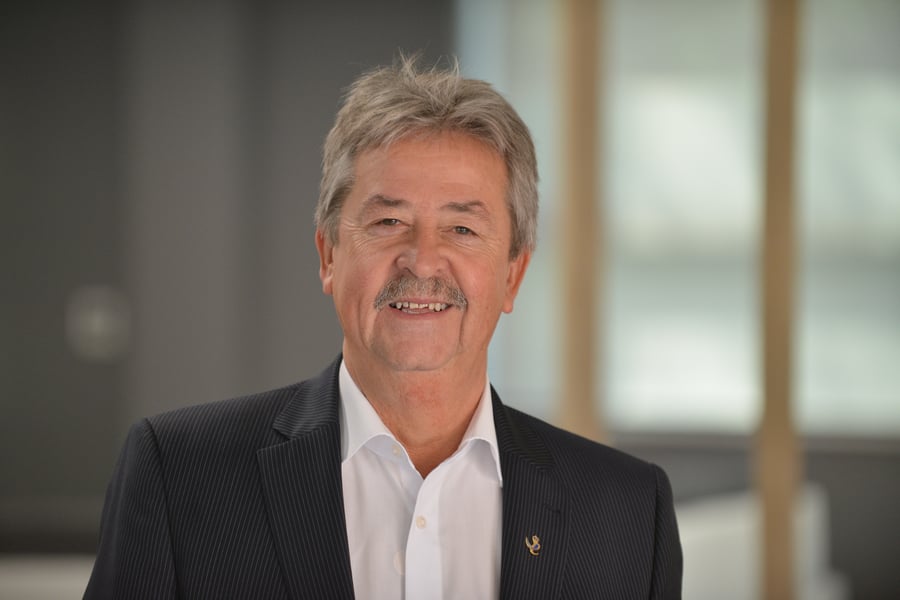SmartSearch claims it is a busy time due partly to the increasing threat of money laundering and financial fraud from organised crime gangs, which are taking advantage of the coronavirus crisis.

UK anti-money-laundering firm SmartSearch recorded its best ever month in September with record revenues, profits and number of new clients.
The firm claims it is a busy time due partly to the increasing threat of money laundering and financial fraud from organised crime gangs, which are taking advantage of the coronavirus crisis.
The property market is particularly vulnerable to attempts at money laundering and the rush to buy sparked by the stamp duty holiday announced in July, has put huge pressures on the system which criminals are able to exploit.
In September, SmartSearch saw revenues up by 55% to £1.34m for the month, profits rose by 200% compared to September 2019, and the company onboarded 90 new customers.
John Dobson (pictured), chief executive at SmartSearch, said: “This year has seen some impressive growth for the business, not only in the UK but in Europe and the United States where we opened our first office last month.
“It comes as no surprise to us given the superior nature of our products and services, but of course it reflects the reality today, where we see on an almost daily basis how serious the problem of money-laundering has become.
“Property purchases remain one of the most effective methods for criminals to launder the proceeds of their activities.
"So it is incumbent upon all parties operating in that process to ensure they are protected against that threat, and to comply with the regulations. The consequence of non-compliance is not only the threat of a hefty fine from the FCA, but it also legitimises criminal activity.
“Prevention starts with confirming the ID of your customer, it’s that simple.
"And only SmartSearch has the ability to verify individuals and companies in the UK, and internationally, in a single platform via a browser or API, with full Sanction, PEP and adverse media screening, and then ongoing monitoring.”



